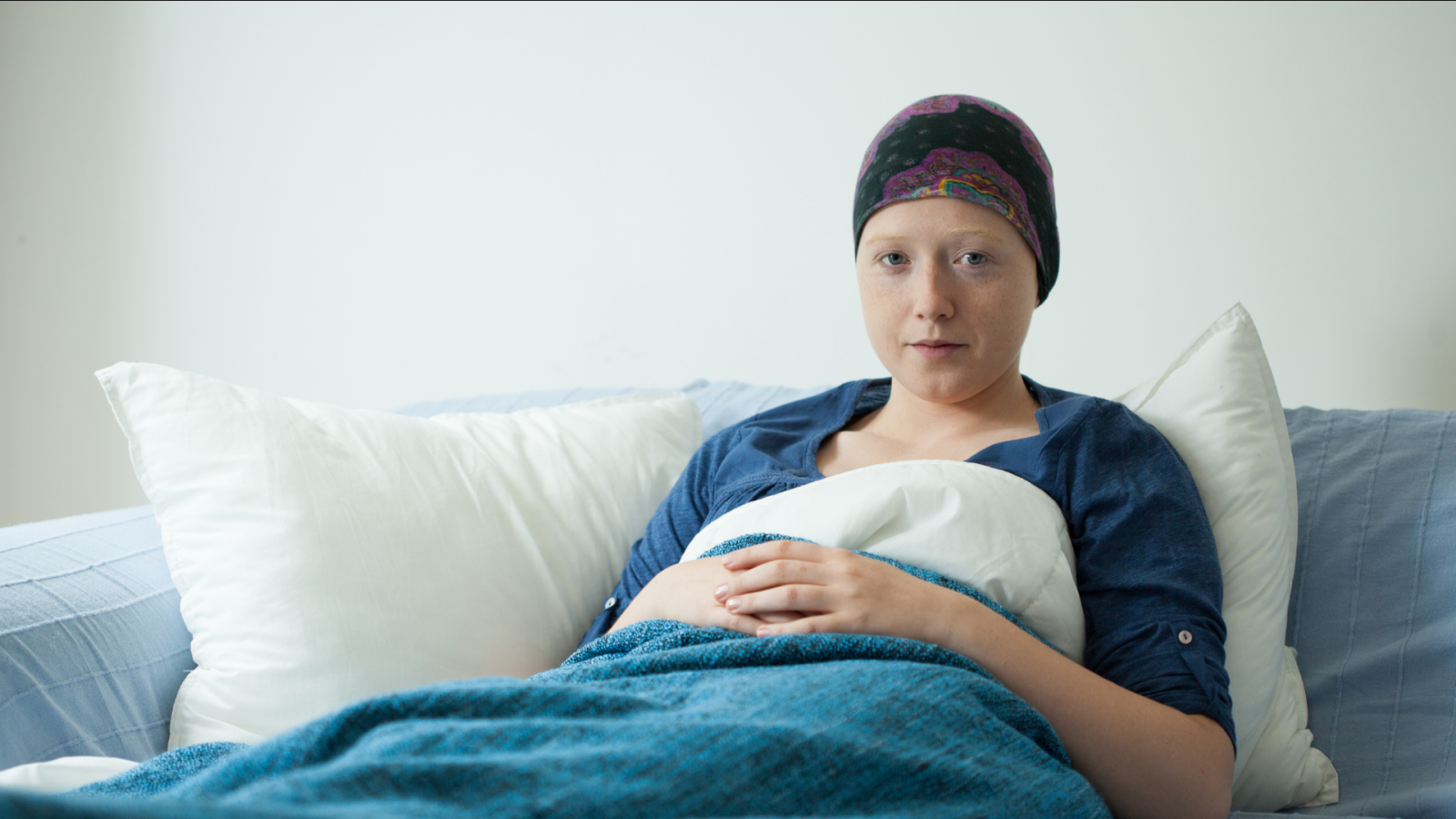Body image and self-confidence

Cancer and its treatment can cause changes to the way your body looks and works. For example, you may lose your hair, lose or gain weight, or have scarring or a more significant change to your body (e.g. losing a body part, for example, if you have had a breast removed).
Other changes that can affect your confidence include changes to the way you speak or hear, sexual difficulties, issues with bladder or bowel control, having a stoma or infertility.
These changes can really knock your confidence, change how you feel about yourself and affect your sense of who you are.
If you feel self-conscious or less confident, it can affect many parts of your life – You may feel like you don’t want to socialise or travel, it can affect your romantic and sexual relations or you may feel down and depressed in yourself, feel that you don’t like your body or feel less feminine or masculine.

Ways to cope
Adjusting to changes to your body can take time, but most people learn ways to live with their new normal. Getting support can help you during this process. Your doctors and nurses, friends and family, other people who’ve had a cancer diagnosis or a professional such as a counsellor can all help you.
There are also things you can do to feel better and manage changes to your body.
Feeling better
- Be kind to yourself – Try to build up your confidence by focusing on the things you enjoy and taking care of yourself. Give yourself little treats, do activities you enjoy and spend time with people who boost your confidence.
- Share your feelings – Telling other people how you feel can help you to come to terms with your emotions and bring a sense of relief. You can talk to friends and family, other people who’ve had cancer, for example at a cancer support centre or group, or you could talk to a counsellor. The Irish Cancer Society funds free 1-2-1 counselling at affiliated cancer support centres. Find out more about counselling
- Take care of your body – You may not be able to control the changes in your body or appearance, but taking good care of yourself will help you to feel better, physically and emotionally. For example, getting some exercise, eating well and not smoking can really improve your sense of wellbeing. Read about healthy living after cancer.
- Be kind to your body – Try to have some positive thoughts about your body - focus on the positive things that your body can do for you, rather than the areas where you’re having difficulty.
Managing changes
Give yourself time to adjust
In most cases any changes will get easier to manage as you get used to them.
Learn more about the change in your body and things that might help
There are products, treatments and techniques that can improve many changes and make them easier to manage, such as treatments for sexual difficulties, products and treatment to improve urinary problems and techniques for living with a stoma.
You can learn more from reading information, talking to your doctor or nurse or counsellor, or speaking to someone else with the same issue – for example you might like to join a support group, visit a cancer support centre or talk to people in our online community.
Explore techniques, products and classes that can help with changes to your appearance
Look online for cancer beauty and make up tips and instructional videos. For example, there are products and techniques to help if you've lost your eyebrows or eyelashes and special camouflage make-up to give extra coverage if you have a skin graft, scarring or other skin changes.
Check out your local cancer support centre. Many have beauty and image sessions or run ‘look good’ workshops. Getting to know other people with similar issues can help to build your confidence too.
Talk to your medical team if you’re struggling to cope with changes
Other people’s reactions
Sex and relationships
Changes to your body can affect your ability to have sex or your desire to have sex. If you have a partner it’s important to try and talk about how you feel and work through problems together. If you don’t tell them how you feel they may not understand and feel rejected. You may need to try different ways of being intimate, you may need support from your medical team to deal with side-effects that are affecting your sex life, or you may need to change things to feel more comfortable – for example, having low lighting, staying partially dressed, trying different positions.
If you can’t or don’t want to have sex, it can be helpful to try and stay physically close, by cuddling, kissing or touching each other. We have more information to help you with any sexual difficulties.
For more information
Phone
1800 200 700



